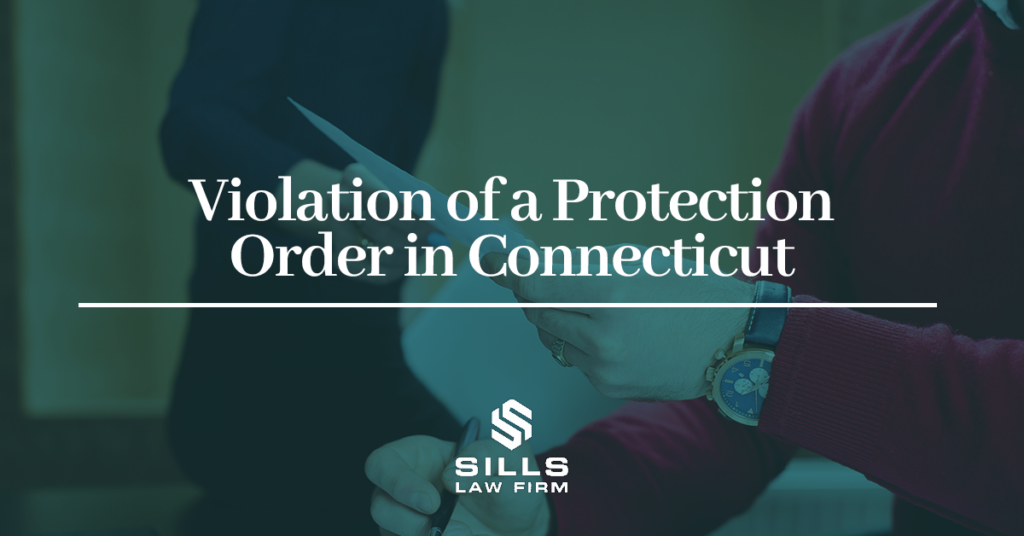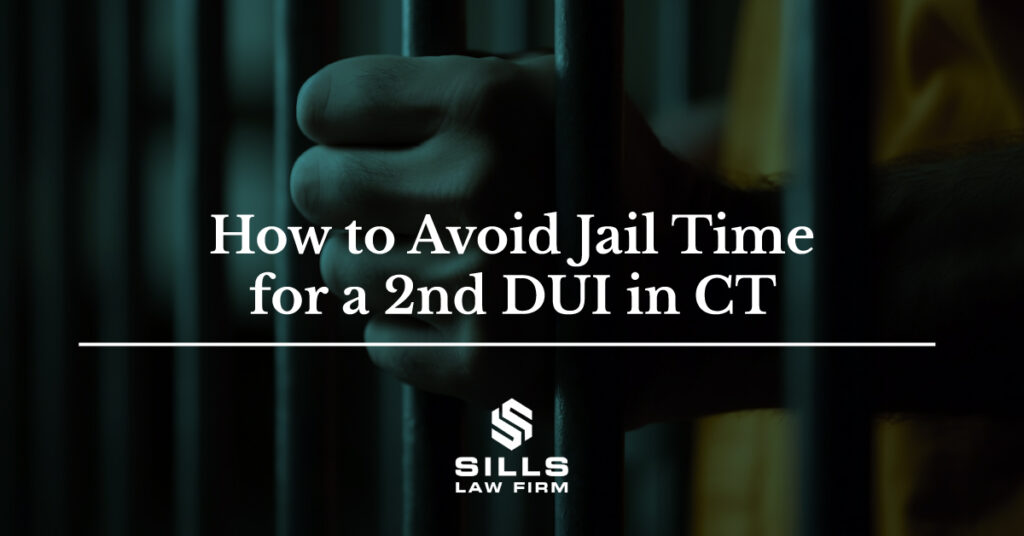Law enforcement has been using data improperly to track criminal suspects, Connecticut Judge Jon Blue declared when he decided to suppress evidence in a robbery case. According to Blue, police shouldn’t be allowed to order live updates about the location of criminal suspects through cellphones.
The decision involved a case where a suspect was accused of robbing several ATMs in 2010.
During the case, the judge decided that – without a warrant – law enforcement cannot access anything more than basic subscriber information from cellphone carriers.
Cell-Site Location Information & Your Rights
Whether you realize it or not, most people (at least those with cell phones) generate detailed information about their whereabouts gradually, as they travel from work, to home, etc. This is called cell-site location information, and law enforcement can access it in many states without a warrant.
In fact, only about 25 states in the U.S. have developed laws regulating whether or not the authorities can access the location of your cellphone without a warrant.
According to AT&T, the cellphone carrier received 64,703 requests for cell-site location information in 2014 alone. Between January 2014 and July 2014, Verizon stated that it received about 21,000 requests of the same nature.
Connecticut law doesn’t address geolocation tracking with the same specificity, creating a legal gray area for law enforcement.
In certain cases, judges won’t allow cell-site location information in court without “reasonable suspicion” that the cellphone owner committed a crime. In other words, law enforcement might be able to collect locations data via your cell phone lawfully if they have reason to think you committed a serious crime.
It is unknown how the determination made by Blue will influence future cases, and police are searching for alternative ways to investigate the case.






